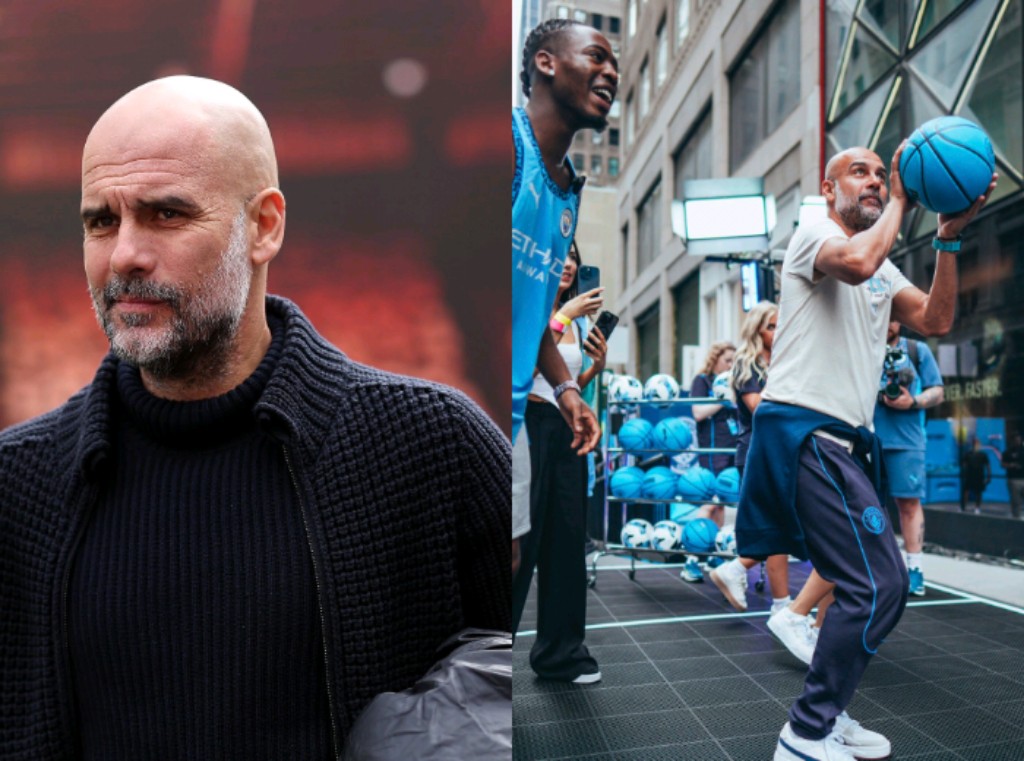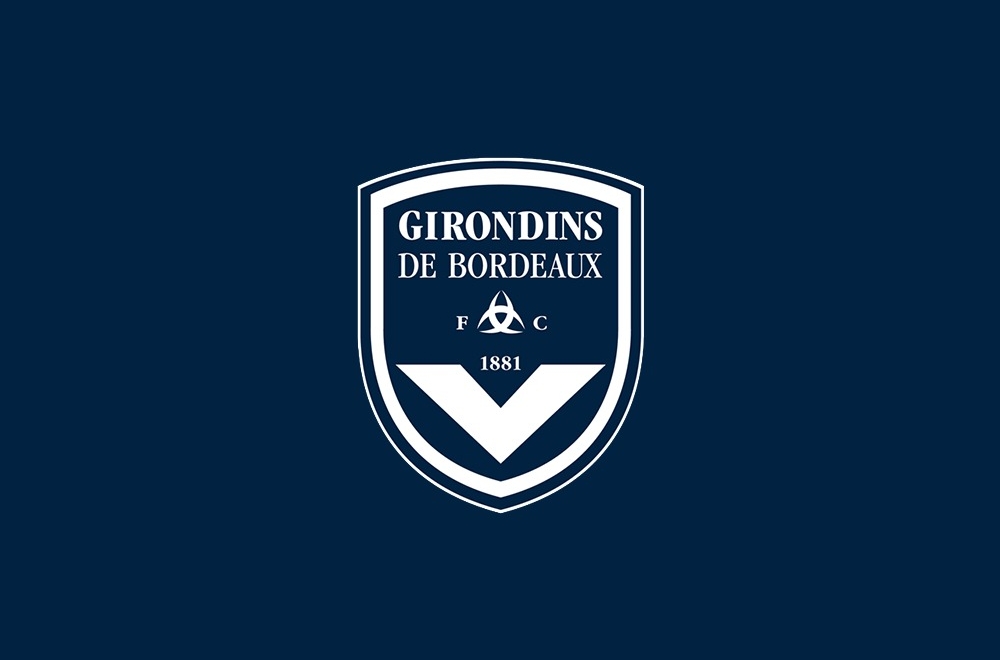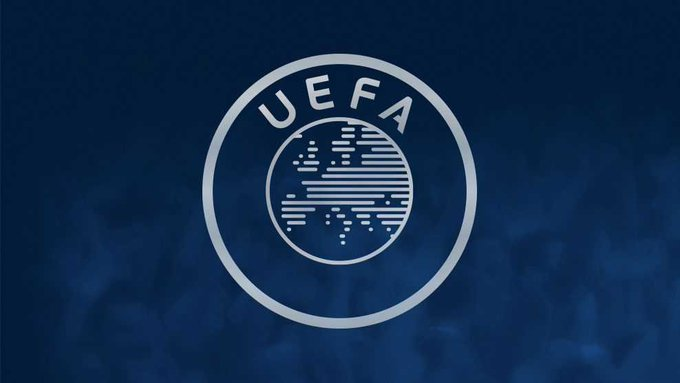The Premier League will start its pay-per-view system on Saturday with Newcastle United vs Manchester United match despite the widespread outcry against it. The new format of broadcasting Premier League matches is seen as a major way the Premier League could help teams generate income during COVID-19.
It is no longer news that since the coronavirus pandemic hit the Premier League in mid-March 2020, clubs have been lamenting over the drop in revenue.
Clubs suffered the first phase of the drop in revenue when football could not be played for over three months due to the pandemic. This did not only resulted in the loss of matchday revenues, revenues from commercials, and revenues from broadcasters were affected hugely.
Renowned financial experts, Deloitte, predicted that the Premier League lost at least £500 million in revenue during the three months the league was suspended due to the pandemic.
The head of Deloitte’s sports business group, Dan Jones said two-thirds of the £500 million loss was as a result of the money the Premier League clubs had to pay back to broadcasters due to change in the broadcast schedule. While other losses came from matchday revenue.
“Clubs are having to weather multiple financial impacts, including rebates or deferrals of commercial and broadcast incomes, as well as the loss of match day income and other event-related revenue”, said Dan Jones.
This was just the lose Premier League clubs suffered in the last half of the 2019-2020 Premier League season which dragged until late July before it ended.
“For 18-19 for the full year, we had £680m of Premier League matchday revenue. For 20-21 we have assumed £350m”, Jones added.
“So if you allow for a bit of inflation you’d be thinking £700m or thereabouts would have been the right number, so we have gone for £350m as an estimate.”
Just as noted by Jones, the financial losses in the Premier League would continue in the 2020-2021 season. These losses might not involve rebates like in the previous season but will be mainly from matchday revenues.
Just like how the 2019-2020 season ended, so did the 2020-2021 season started. All matches are being played behind closed doors which is not good enough for business even though most fans are streaming the matches live from the comfort of their homes.
The Premier League and other concerned parties have been pushing for United Kingdom’s government to allow fans to return to match venues but that has been almost impossible due to the dreaded coronavirus which is not subsiding in the UK.
Yet, the league feels the major way football business can bounce back is to have fans at match venues. A statement from the Premier League claimed that at the end of every month that fans are not allowed into match venues, clubs lose at least £100 million ($128m) in revenue.
Besides, the fact that the UK government has refused to allow fans to return to match venue could lead to 100,000 loss of jobs because those are the number of people that depend on activities at match venues for their economic survival.
“Our clubs have already prepared test events and can offer larger-scale trials to prove it is possible to produce bio-secure, safe environments, as was proved through the successful delivery of Project Restart”, a statement from the Premier League said.
“The Premier League recognizes the ambition of Government’s Operation Moonshot and will support the project’s objectives to get fans back into stadiums. However, we believe measures are already available which would allow the safe return of fans and should also be activated now.”
So, since the league body can not force the government to allow fans into match venues amidst the financial hardship the clubs are subjected to due to the drop in matchday revenue, the Premier League pay-per-view system is seen as the new savior for clubs’ financial survival.
This is so because the extra £14.95 fans would have to pay per match would return to the clubs after the broadcasters have deducted their running cost.
What is the Premier League pay-per-view?
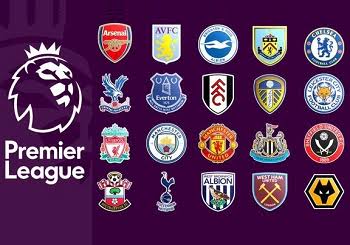
Before COVID-19 disrupted how things are done in the Premier League, the league has a regular five rounds of matches that were broadcasted live by Premier League broadcast partners, BT Sport and Sky Sports.
When COVID-19 got involved with how football is run, the league expanded its scope of broadcasting its matches to both online and via traditional media. So, the followers of the Premier League who are already subscribers to either BT Sport and Sky Sports would automatically get access to all the league matches wherever they are.
Now, all the 20 Premier League clubs met last week and discuss the pay-per-view format which would see football followers pay extra fees to watch their favorite teams. This means that those who have paid for their subscription to BT Sport and Sky Sports will have to pay an extra £14.95 before they can watch a picked Premier League match which will be broadcasted on BT Sport Box Office or Sky Sports Box Office.
Newcastle United match against Manchester United on Saturday, October 17, will be the first Premier League match that will be shown using the pay-per-view format. That’s, those who want to watch the match will pay an extra £14.95. The match involving Liverpool and Sheffield United on October 24, will be the next match that will attract the extra charge.
Subsequently, the other five rounds of Premier League matches which are usually available for BT Sport and Sky Sports’ subscribers without any extra charges, will attract an extra £14.95 per game.
“Also, the five matches per round not already selected will be made available to supporters on a pay-per-view basis, accessed via BT Sport Box Office and Sky Sports Box Office platforms”, a Premier League statement said.
“The Premier League has worked closely with Sky Sports and BT Sport to provide this arrangement and is grateful for their support. The agreement will be regularly reviewed in consultation with clubs and line with any decisions made by the government regarding the return of spectators to stadiums.”

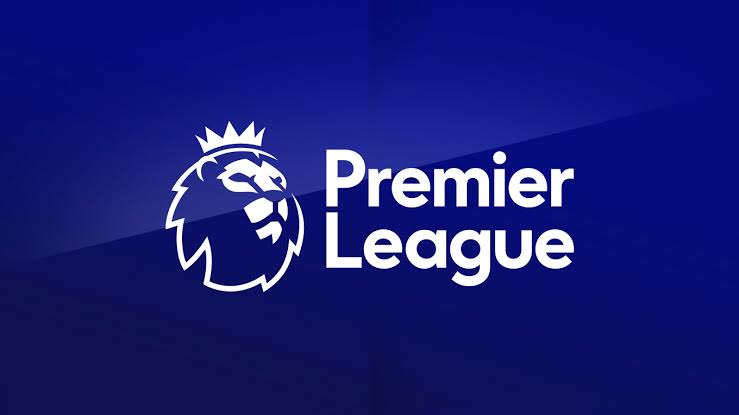

![At 17-year-old Lamine Yamal Of Barcelona Has Lost His Right To a Normal Life [Video]](https://futballnews.com/wp-content/uploads/2024/07/D34C18E4-0340-45EA-A565-926C510D120E-218x150.jpeg)
